The conflict between director of Tollywood film Rahool Mukherjee and the Federation of Cine Technicians and Workers of Eastern India (FCTWEI) seems to be persisting and is evidently a huge divide within the industry in West Bengal. It may be recalled that conflicts escalated over the past one week between Mukherjee, FCTWEI, and several personalities in Tollywood.
The conflict erupted when on July 23 rd, FCTWEI has banned Rahool Mukherjee for three months from accessing the Forum. The federation alleged that Mukherjee violated the spirit of the federation’s regulations through international travel for shooting movies. This action gave rise to rather heated debates and a lot of turmoil within the industry at different stages. This particular ban was intended to strengthen the observance of the rules established by the technicians’ federation, as well, which is pertinent to the disciplining of disorder in the film trade.
There was, however, a twist in the events when the Director’s Guild stepped in on July 26 and nullified the blacklist of Mukherjee. This is nevertheless to mean that the banning of the show did not cease the animosity as it was resumed soon after the ban was lifted. In a revelation which marks another shocking incident in the industry, as soon as the shooting resumed for Mukherjee’s new film, the technicians who were assigned the job, didn’t come to work. This boycott was with or regarding a film studio in Kolkata where Mukherjee had acted as a creative producer while the movie starred the famous actors like Prosenjit Chatterjee and Anirban Bhattacharya.
Prosenjit Chatterjee is one of the prominent actors operating in Tollywood who was disappointed in the situation. He stated the unfortunate event as the first and only one in his entire working experience. This scene where Chatterjee arrived for the shooting of the film shocked him when he had to realize that the technicians were missing, stating that it was humiliating and a worrying sign. He regretted the breakdown of the complex and fairly settled system of the industry and demanded remedy insisting that all the sides should study the case, and stop the damage as soon as possible and continue with the work.
Furthering the chaos, actor and Trinamool Congress MP Dev also raised objection to the boycott of technicians done by the organization. He also asked that exercising power should not be in a way that retards the development of the motion picture. To this Dev Starring passionately said that actors, directors and producers have always respected the technicians and that the boycott currently being observed is unjustified. This he said to Prosenjit Chatterjee stating the difficulty experienced by the team due to the disappearance of the technicians asserted and now requested for everyone’s support in ensuring that the technicians were brought back.
The controversy also led politicians making comments on it; Independent politician, actor, and BJP supporter Rudranil Ghosh also made comments on the fight. Ghosh surmised that the Trinamool Congress had master-minded the boycott in relation to a political plan. He said that Bengal Minister Arup Biswas and his brother Swaroop Biswas are intentionally trying to dominate the Tollywood movie industry. As per Ghosh the aforementioned malpractice is a part of the political vendetta to control the film industry and supply actors/intellectuals for campaigning in favor of Trinamool Congress.
The statements given by Ghosh made the situation more complicated, as he claimed that the conflict had a political background. He urged Chief Minister Mamata Banerjee to come forward and solve the problem, which, to his opinion, BS had created in the film industry, claiming that the situation must be fixed to reduce political instability.
To sum up, the conflict between Rahool Mukherjee and the FCTWEI shows that there are some severe conflicts within Tollywood which are enhanced by the political colors and interferences in film making. The industry’s response – the boycott and the variety of responses from key personalities – shows how political and professional processes blend in the given case. The outcome of this conflict can be deemed inconclusive still, as multiple parties stress upon reaching an amicable settlement in order to avoid more disruptions and regain order to the involved field.

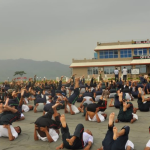
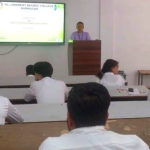
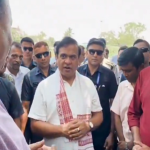

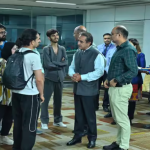
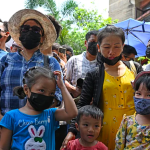

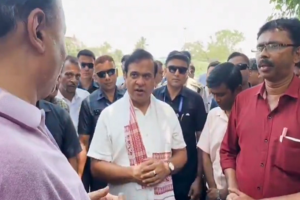
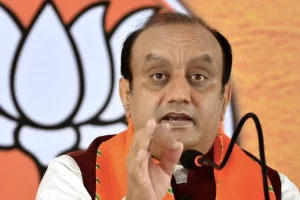
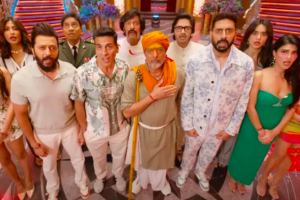
Add Comment